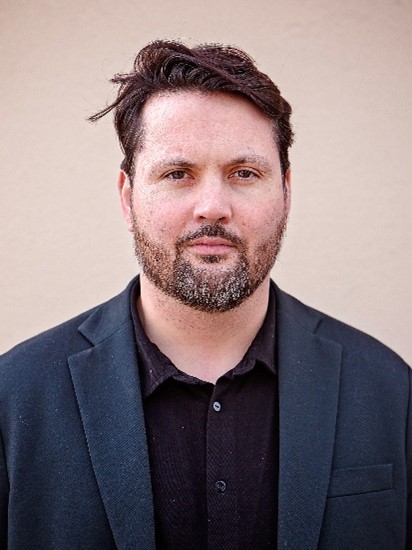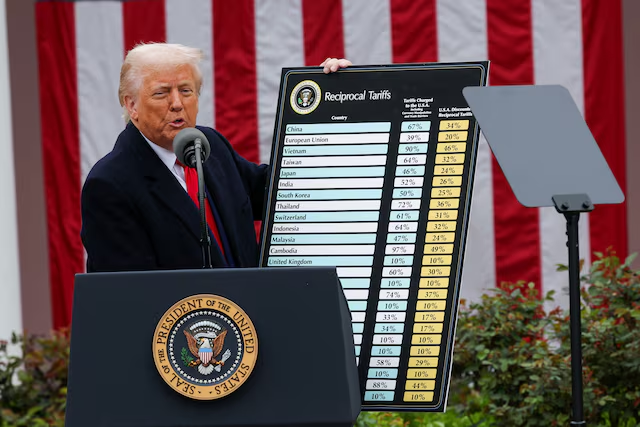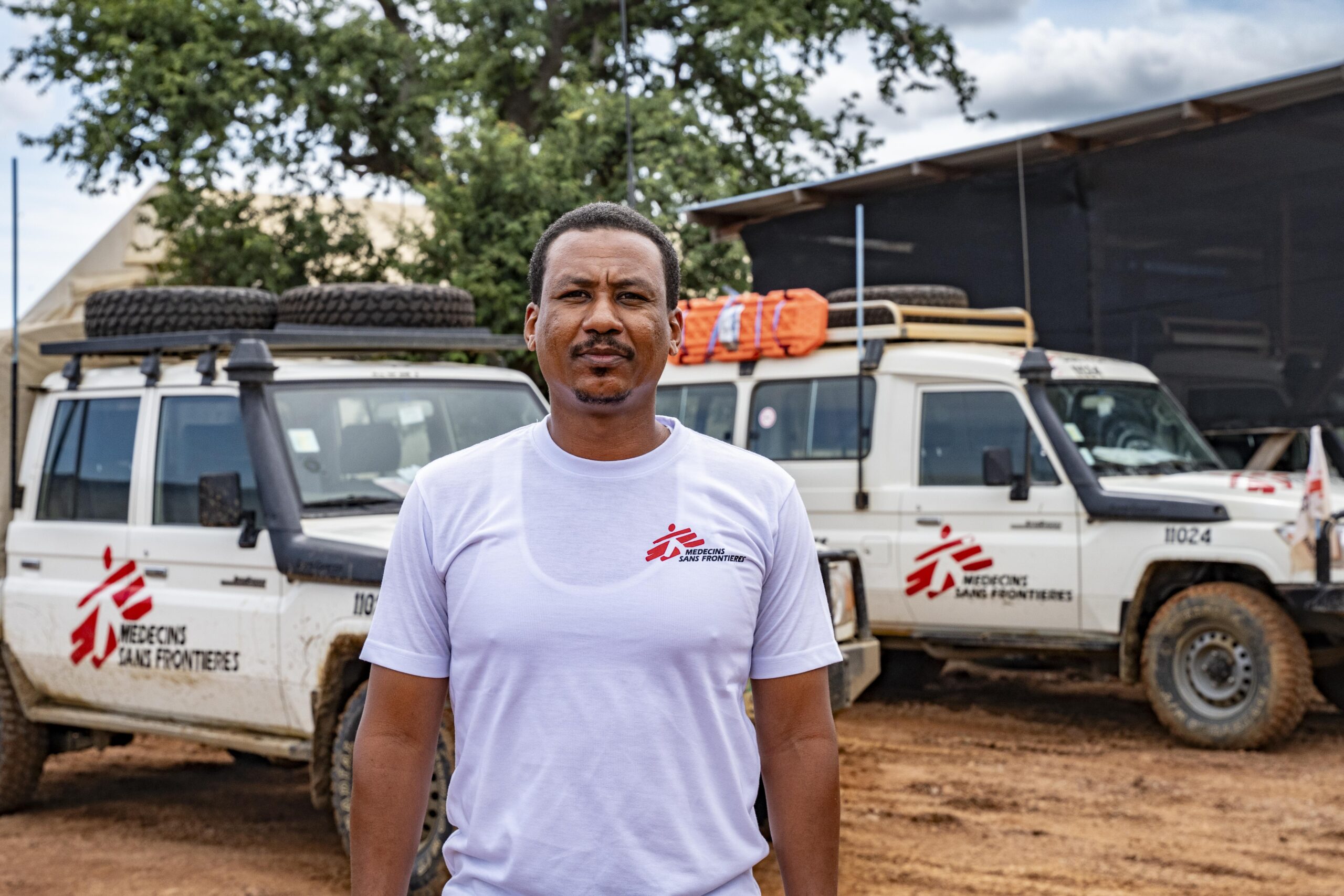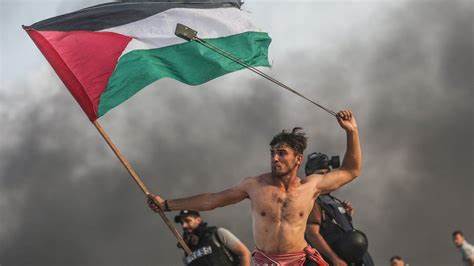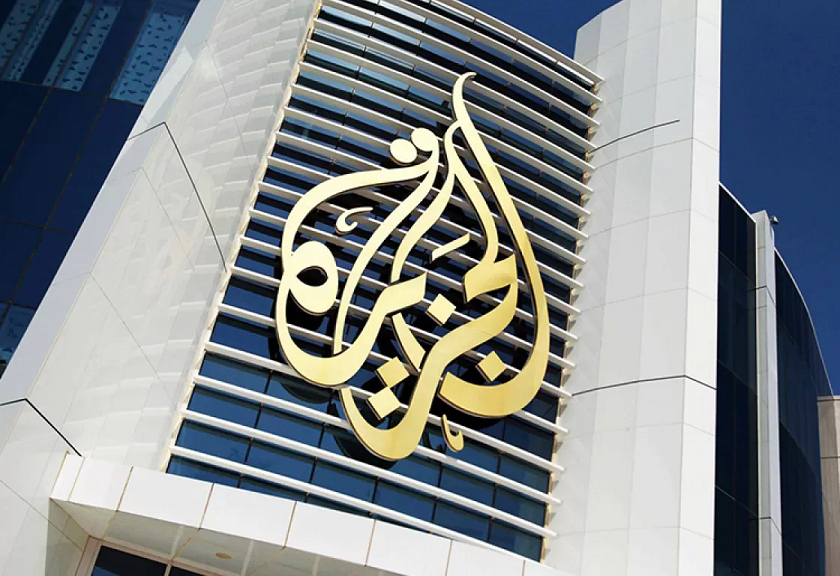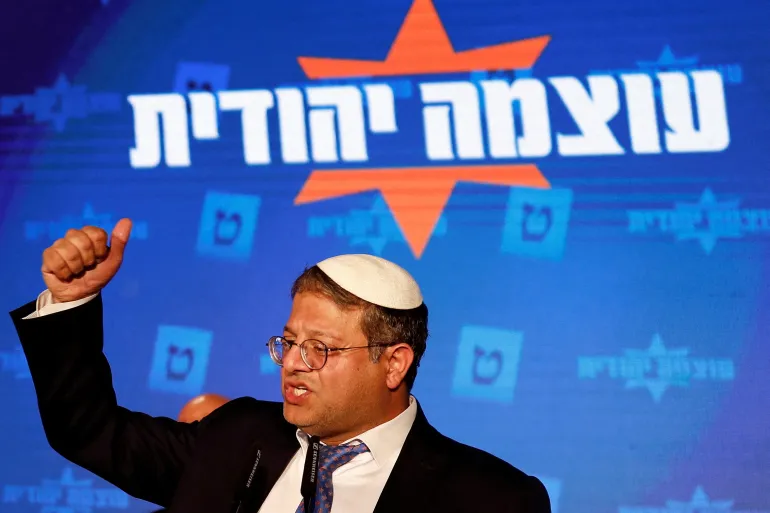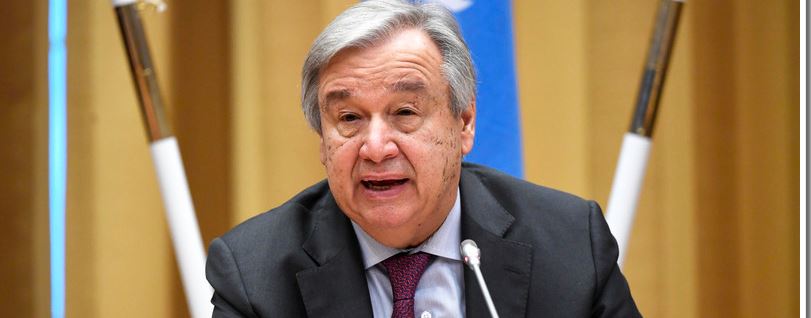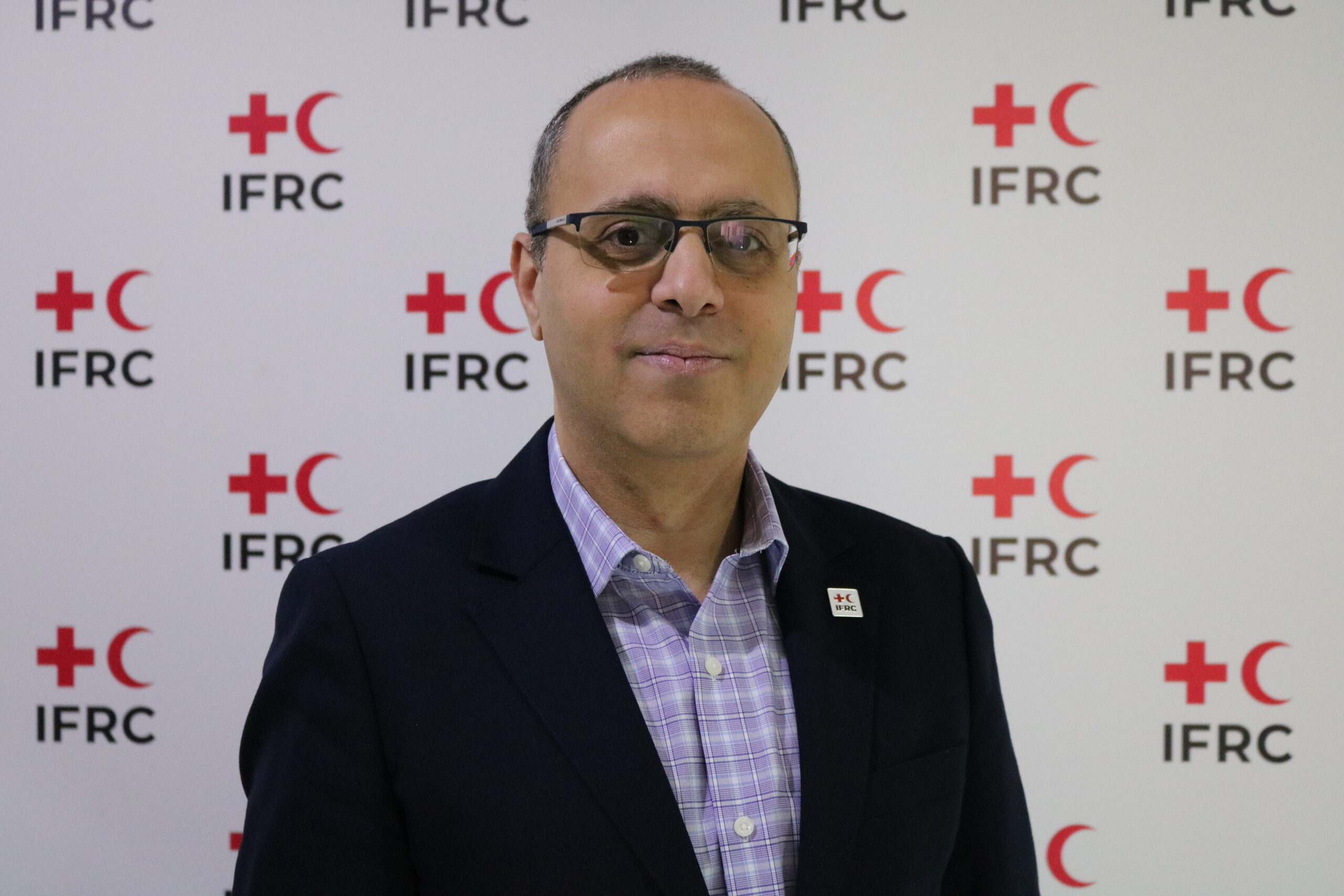![President Hakainde Hichilema [Reuters/Rogan Ward]](https://liberties.aljazeera.com/resources/uploads/2021/08/1630138377.jpg)
President Hakainde Hichilema [Reuters/Rogan Ward]
On Tuesday 24 August, President Hakainde Hichilema took oath of office as Zambia’s seventh president since independence from British colonial rule in 1964. Hichilema’s inauguration in Lusaka’s National Heroes Stadium attracted thousands of hopeful Zambians who packed the stadium, some having braved the night at the arena so that they could witness this historic occasion.
Hichilema takes over a country reeling from a multiplicity of problems not least the triple burden of poverty, unemployment and inequality, the mounting debt crisis and what had become a deepening human rights crisis.
In his inaugural speech, Hichilema reminded Zambians and international guests, including opposition leaders and heads of state and government of foreign countries, of the founding principles of his political party, the United Party for National Development (UPND).
The party, founded 23 years ago, promised a Zambia that upheld the respect of human rights for all people regardless of their creed or political affiliation.
Hichilema also pledged respect for the rule of law under his administration, sending an important message of change in light of the sharp deterioration in Zambia’s human rights record over the past five years.
Under the leadership of former president Edgar Lungu, we saw opposition leaders and activists arrested and detained simply for demanding justice and accountability from their government.
Hichilema was himself a victim of the crackdown on dissent, after being arrested and thrown into jail for a few weeks in April 2017 accused of failing to give way to Mr. Lungu’s presidential convoy. He was beaten, along with members of his team, who were also tear-gassed and pepper sprayed on their genitals by the police. What followed was a period of sustained persecution of Hichilema through the avenue of prosecution. He experienced the full might of captured and politicized state institutions that were deployed against him and his supporters. During the Lungu era, journalists and media outlets were not spared either.
In June 2016, one of Zambia’s leading daily newspapers, The Post, was shut down and liquidated over disputed tax arrears. The closure of the newspaper, which was known for its critical investigative work into government affairs, was preceded by violent attacks against its staff. This included the police beating of The Post’s owner, Fred M’membe, his wife, Mutinta M’membe, and the newspaper’s Deputy Managing Editor, Joseph Mwenda.
Peaceful protests turned deadly under the Lungu government as the rights to freedom of expression and peaceful assembly came under increasing attack. For example, on 22 December 2020, police shot dead two unarmed people who were taking part peacefully at a gathering of opposition supporters in Lusaka. Hichilema, who had also taken part in the solidarity protest, was summoned for questioning at police headquarters.
In another incident emblematic of the government’s little tolerance to criticism, police arrested on 9 March 2020 a 15-year-old boy in Kapiri Mposhi and charged him with three counts of criminal libel after he allegedly criticized President Lungu on Facebook. He was later released after he entered into plea bargain with the state.
A sign of hope in a troubled region
President Hichilema’s pledge to respect human rights stands in stark contrast to the situation in Zambia’s neighbouring countries, such as Angola, Mozambique or Zimbabwe, and further afield in Eswatini, where the rights to freedom of expression and peaceful assembly are being ruthlessly and relentlessly crushed.
In Angola, security forces shot and killed 10 people who were protesting on 30 January in the mining town of Cafunfo, Cuango municipality. Their only ‘crime’ was to speak out against their deplorable living conditions, including high levels of poverty.
In Eswatini, authorities have launched a full-frontal assault on human rights in a crackdown on pro-democracy protesters which began in June. Dozens of people have been killed by the security forces for demanding political and human rights reforms. Many others were arbitrarily arrested and detained for participating in the protests or on suspicions they took part in them.
In Mozambique, the war raging in the country’s northern province of Cabo Delgado has caused untold suffering to local populations. Hundreds of civilians have been unlawfully killed by the armed group known locally as ‘Al-Shabaab’, government security forces and a private military company hired by the government since the war started in October 2017. Amnesty International has documented serious violations of international humanitarian law by all parties resulting in widespread death, destruction and a humanitarian crisis that has caused more than half a million people to flee their homes.
In Zimbabwe, opposition leaders, journalists and human rights defenders are constantly attacked and harassed for demanding accountability. In May last year, opposition activists Joana Mamombe, Cecilia Chimbiri and Netsai Marova were abducted and tortured by suspected state security agents after leading a demonstration against the authorities’ failure to provide social protection for the poor during the Covid-19 lockdown. The MDC-Alliance youth leaders were later arrested and charged with falsifying their abduction and torture, and spent several weeks in Chikurubi Prison.
Human rights at centre of foreign policy
President Hichilema has a real opportunity to create conditions for a new dawn for Zambia and a new political culture. His embrace of political opposition leaders across Southern Africa suggests he could be a force of positive change in the region. Not only did he invite opposition leaders from South Africa, Tanzania and Zimbabwe to witness his inauguration, he has also vowed to work with the opposition in Zambia to build his country on the premise of human rights.
As his term begins in earnest, President Hichilema has a real opportunity to put human rights centre stage of his domestic and foreign policies. By adopting the core principles of solidarity and international cooperation that are at the foundation of human rights, President Hichilema can engage with Zambia’s neighbours to further advance the rights to freedom of expression, association and peaceful assembly across a region in which millions continue to see their rights, including social and economic, denied every day.
Hichilema must adopt a bold and decisive domestic and foreign policy strategy that will ensure respect for the human rights of all people in the SADC region. He must press for justice for all past human rights violations, at home and abroad.
This will also require that his administration consistently speaks out against human rights violations as and when they happen in the region. He must be ready to raise his voice unequivocally when fellow heads of state choose to violate the rights of their people or ignore violations happening in other Southern African countries.
To do so would be to live up to those founding principles of the UPND that have put human rights at the centre, and the hopes of millions of Zambians for a better life.
Deprose Muchena is regional director for South and East Africa at Amnesty International
- Most Viewed
- Most Popular


